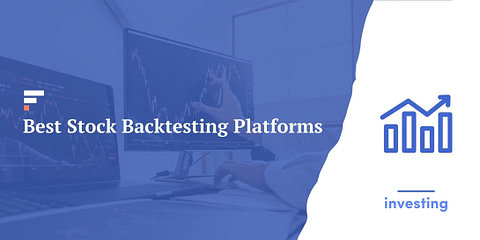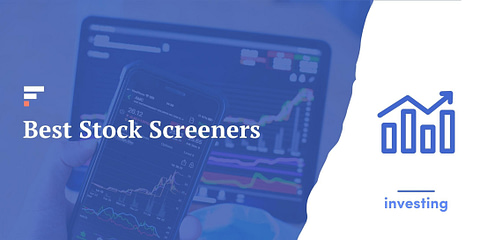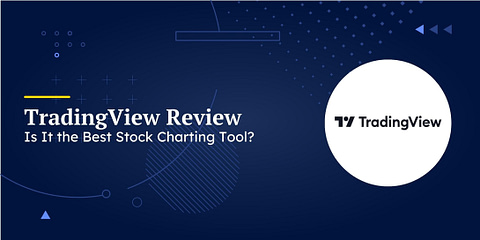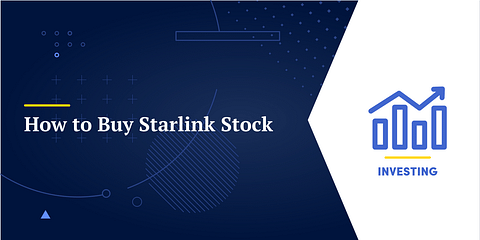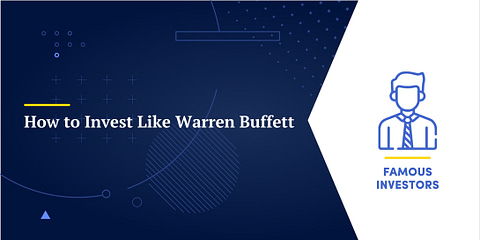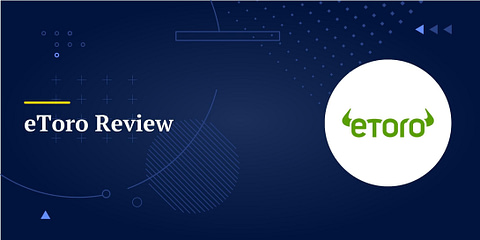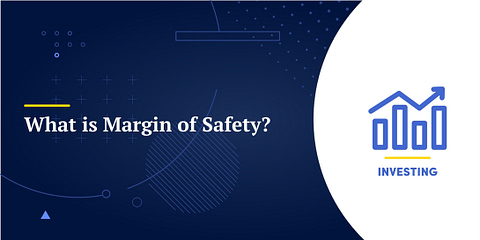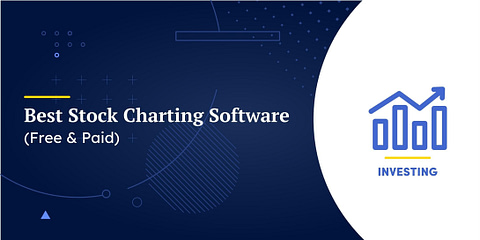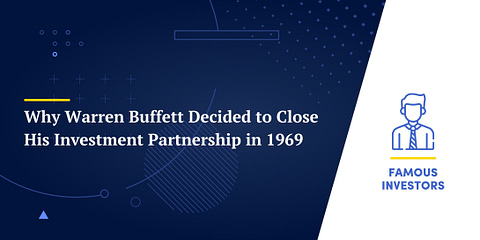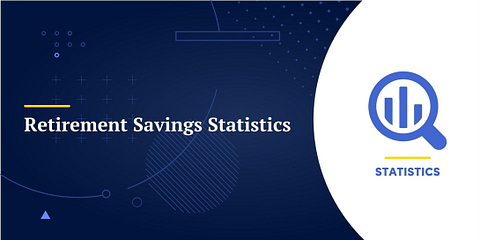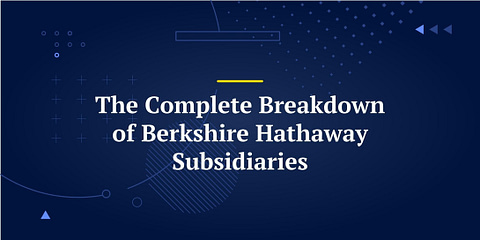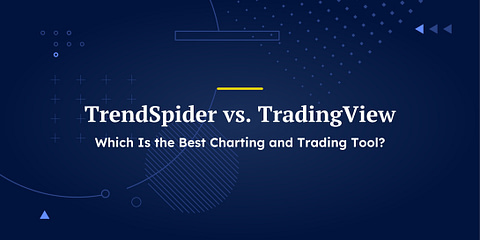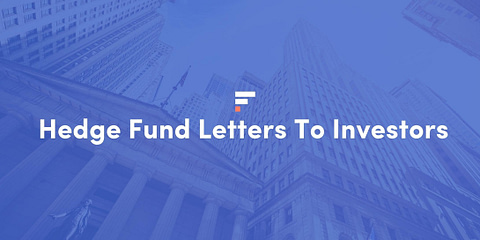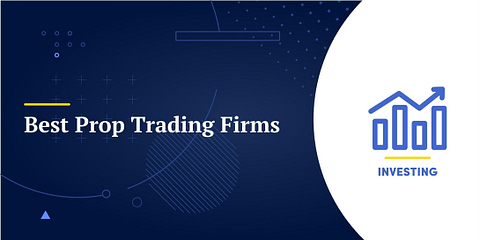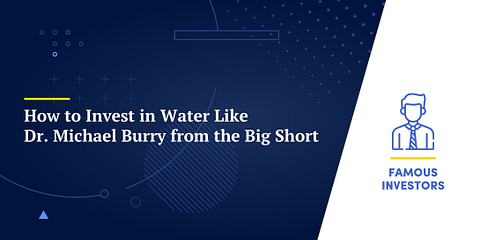Accredited investors have access to special investments, like private placements, hedge funds, and private real estate funds But what is an accredited investor, and why do they have these special opportunities?
Let’s find out.
So, What Is an Accredited Investor?

An accredited investor is an individual or entity that can invest or trade speculative, unregulated financial assets that are not available to your average retail investor. Accredited investors need to need to meet certain criteria involving wealth, income, or professional experience.
Now that we have an answer to the “What is an accredited investor?” question, let’s see what those criteria are.
The Criteria for Individuals
The Securities and Exchange Commission (SEC) has established several criteria to select accredited investors. If you meet only one of the following criteria, then that should be enough for you to qualify:
- Income. You will qualify if your annual take-home income has been at least $200,000 for the past two years, and you can expect the same income for this year. You and your spouse could qualify as accredited investors if your combined annual incomes exceed $300,000 for the same time duration.
- Wealth. If you can prove that your net worth, without taking into consideration the value of your primary residence, is more than $1M, you are good to go. This $1M figure can either be your personal net worth or the combined net worth of you and your spouse together.
- Professional expertise. If you are a director, executive officer, or a general partner from the company selling its securities, then the SEC would consider you an accredited investor as far as that company is concerned, i.e., you are allowed to buy shares from that company directly. But, when it comes to other unregistered companies besides your own, you might not qualify as an accredited investor. If you are a “knowledgeable employee” working at a private fund, then that might also be enough.
- Securities licenses. If you are a financial professional who has any of the following financial securities licenses: Series 7, Series 65, and Series 82, you will qualify as an accredited investor.
It is worth noting that you don’t get any document or other evidence proving your accredited status. When you try to buy an investment from an unregistered company, it is the company’s responsibility to do its due diligence and make sure that you are accredited. Consequently, the company in question will most likely ask you to release some of your financial statements, such as your W-2s, tax returns, bank statements, or other evidence to demonstrate that you qualify.
The Criteria for Entities
These are some of the criteria the SEC uses to decide whether an entity counts as an accredited investor or not (again, a company needs to meet only one of the following to qualify):
- The entity has more than $5M in assets or investments.
- If the owners of the entity are accredited investors, the entity is an accredited investor in its own right.
- Certain financial entities automatically qualify as accredited investors: Banks, savings and loan associations, insurance companies, certain types of investment companies, and business development companies.
The SEC doesn’t allow the creation of organizations with the sole objective of buying particular securities, so the entity needs to have a purpose other than the investments to be purchased with the accredited investor status.
What Is an Accredited Investor: What Role Do They Play in the Economy?
Companies of all sizes need to raise funds, be it to expand or to survive a tough time like the pandemic.
Not all companies are able to stage an IPO and go public. That process is costly and requires extensive financial statements, which would place the company under public scrutiny. Many startups remain private for extended periods.
Accredited investors can be a much-needed lifeline for private companies. Through what is termed a private placement, an accredited investor can directly buy a piece of the company from the company itself. There are usually no intermediaries involved.
On the other side of that coin, seeing as accredited investors don’t have access to the public financial statements that are available for public or IPO companies, they have to do their due diligence, study the company, and make sure that the potential reward is worth the risk.
In addition to private placements, accredited investors can put their money in any of the following alternative investments:
- Venture capital firms
- Hedge funds
- Angel Investments
- Complicated financial transactions, such as structured products.
Accredited investors are a necessary component of the economy, feeding the more speculative investments that are necessary to propel the market forward.
Why Are Some Investments Restricted to Accredited Investors?
Investors who don’t meet these criteria may wonder why they are blocked out of investments that may seem potentially highly profitable.
The main reason behind the classification is to protect the investors themselves. The idea is that someone who qualifies as an accredited investor will:
- Be sophisticated enough to understand the risk they are taking when investing in speculative and unregistered assets.
- Be wealthy enough to withstand the potential losses that come with investing in these risky assets.
At the end of the day, the SEC is working hard to maintain a balancing act. On the one hand, they want to promote investments in entrepreneurial and speculative ventures. On the other hand, they want to protect the investors, especially if the investors in question aren’t financially sophisticated or don’t have enough of a financial cushion to take these risks.
What Is an Accredited Investor: Changes Over Time
The SEC created the category of accredited investors back in 1933 as a response to the Great Depression.
The intention was to improve the requirements surrounding financial disclosures, enabling retail investors to be better informed about the public companies they were putting their money into. Any company that was exempt from these financial disclosure requirements became accessible only to accredited investors.
90 years later, things have changed a bit.
How Has the Definition of an Accredited Investor Changed?
One of the biggest changes to the definition of what constitutes an accredited investor came back in 2010 with the Dodd-Frank Act. The change dictated that when calculating their net worth, investors needed to exclude the value of their primary residence.
On June 5, 2023, the Fair Investment Opportunities for Professional Experts Act expanded on what it means to be an accredited investor. It dictated that people with “professional knowledge through educational or professional experience” should qualify as accredited investors. This means that investment advisors and brokers have access to and can invest in unregulated financial assets.
Another law, the Accredited Investor Definition Review Act, enables the SEC to decide which certifications are enough to qualify as an accredited investor. The caveat is that the SEC has to revise its list of accepted credentials every five years and change or amend the list if needed.
How Does the JOBS Act Affect Accredited and Non-accredited Investors?
Another big factor that affected the investing world was the JOBS Act, which came into effect back in 2016.
The JOBS Act changed equity crowdfunding rules, giving retail investors access to unregulated and unregistered companies through online crowdfunding platforms.
That said, there are still limitations curtailing how involved your average Joe can be with a start-up:
- To begin with, the non-accredited investor who either makes less than $100,000 annually or has a net worth of less than $100,000 can only invest 5% of the lower figure of their net worth and annual income. However, if 5% of both their net worth and their income is less than $2,000, then their limit becomes $2,000.
- Alternatively, the non-accredited investor making more than $100,000 or with a net worth exceeding that number can invest up to 10% of the lesser of these two numbers.
Again, these limitations exist to protect investors while still giving them the chance to get on the ground floor and invest in the next Google or Apple. Another form of protection is that these shares need to be sold through a regulated funding portal, like a crowdfunding portal, that will do the required due diligence on behalf of the average investor.
What Is an Accredited Investor: Conclusion
The criteria used to define an accredited investor are there to protect us all from excessive risks. This definition is an ever-changing one. For instance, the SEC is considering increasing the required thresholds for qualification to keep up with inflation.
If you don’t qualify as an accredited investor, this should not discourage you. There are numerous public stocks that offer attractive returns, and even if you were to invest in the overall market itself, i.e. through something like the S&P 500, you can still expect an average annual return of 10%.
The thought of exponential returns from an early investment in an obscure company is attractive, but the truth is that these investments are extremely risky. The accredited investor rule is there to protect investors with a bit too much enthusiasm – sometimes whipped up by an unscrupulous promoter – from making decisions they will regret down the line.


